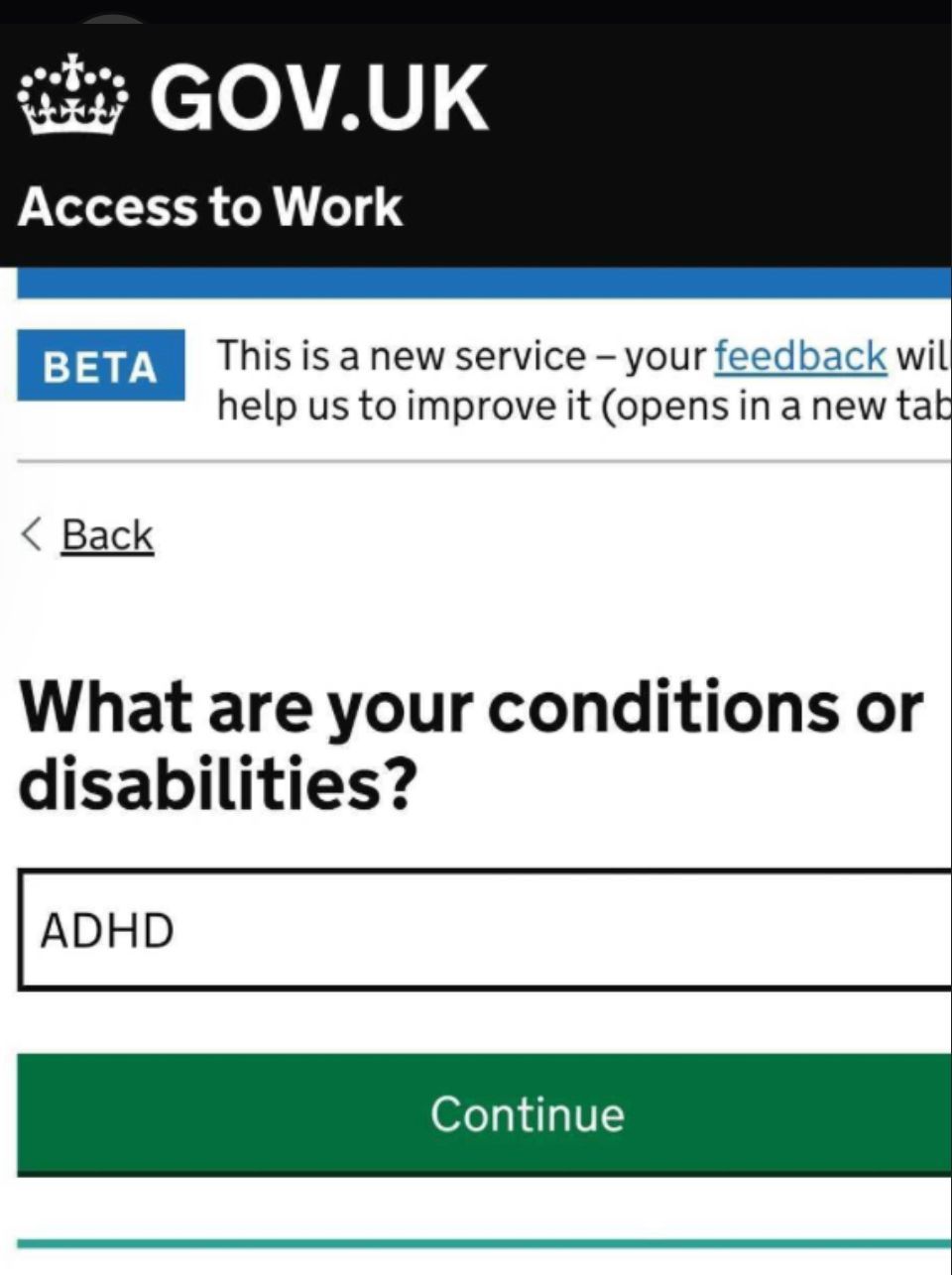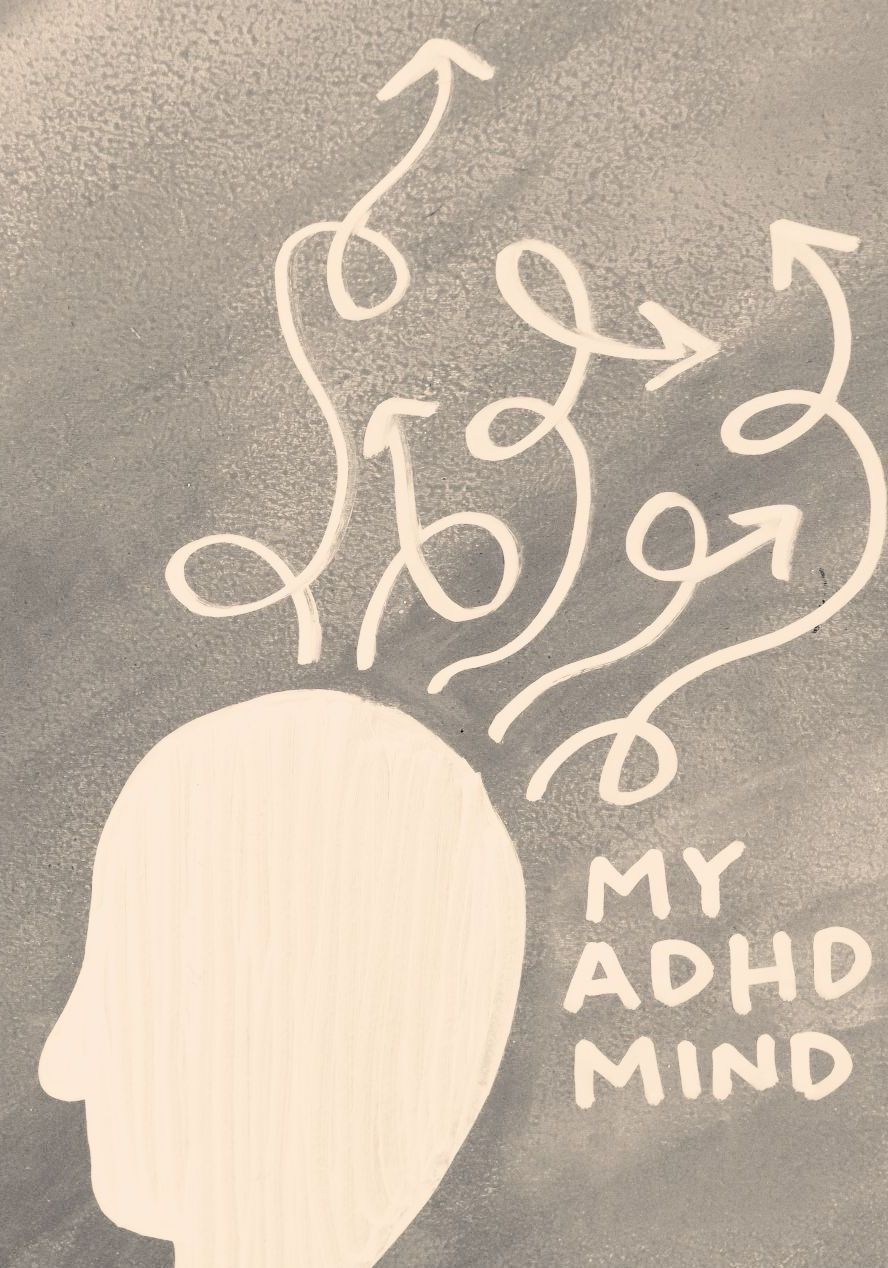Late Diagnosis of ADHD in Adulthood

For a great number of my clients, the above has been exactly the pathway that has brought them to
seek out additional support in the form of ADHD coaching. There is often a marked’ grief and relief’
experience which those getting a later in life diagnosis experience and their experience of coming to
terms with the diagnosis and what it can mean for them moving forward.
In the UK we still follow the DSM rating for an ADHD diagnosis which has historically been modelled
on the male demonstration of ADHD characteristics, even though we know that young girls with
ADHD can display markedly different symptoms, such as day dreaming rather than hyperactivity and
often, early onset of anxiety and depression.
We know also, that girls can mask behaviours and mirror their counterparts more successfully than
boys, which can cover up a large array of otherwise clear symptoms. However, the effort of this
masking to try to ‘fit in’ with what they perceive is expected behaviour, is exhausting and often
detrimental to their overall well-being. This means that many girls can miss out on a timely diagnosis
until their struggles become more enhanced later in life often at times of life stressor changes –
university, first jobs, motherhood, even as late as menopause.
Fortunately, awareness is becoming better in schools (although much work still needs to be done in
many) to help change the overall understanding of ADHD and other neurodivergences, but it is clear
that those who have been diagnosed, understood and supported from a young age often have a very
different experience of living with this than those who went undetected but continually struggled.
Fortunately, at whatever age of diagnosis, there is a huge positive impact that can come with
seeking additional support and being encouraged to not only seeing the challenges that can come
with a diagnosis, but also the potential benefits, of which there can be many and we explore this in
depth in coaching sessions as well as embracing what ADHD may mean for each individual, and
exploring ‘work arounds’ and understanding of their particular challenges.
Although we can’t change the past, we can certainly make great positive changes in the experience
of their future.
Challenge your mindset Change your life
Please share any experiences of your own ‘journey to diagnosis’ here, and anything that you may
have found to be a positive for you.

